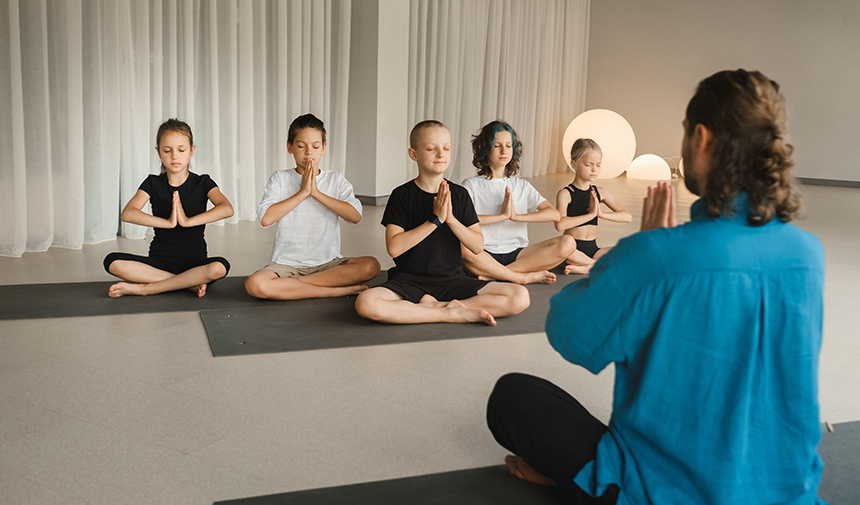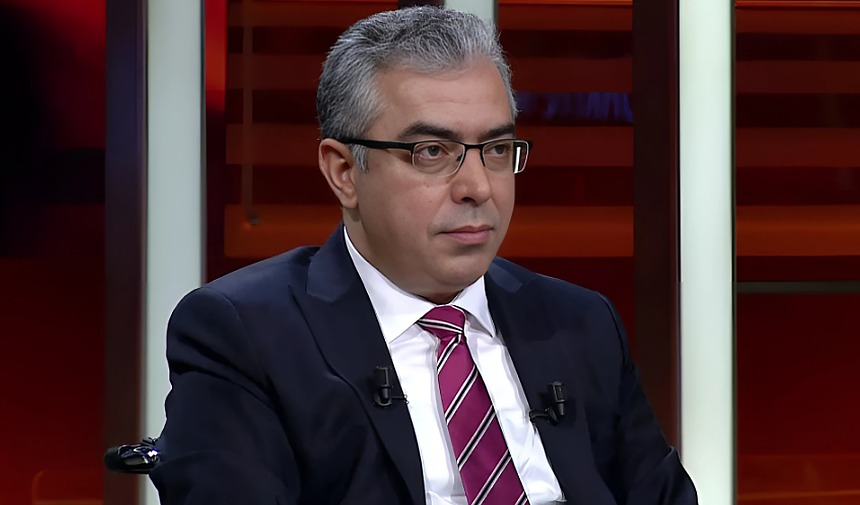While yoga is widely recognized as a stress management and resilience building tool for adults, it can also play an important role in children’s development. Yoga instructors support children’s physical, mental and emotional health by contributing to their learning and development. Yoga for children offers many benefits when presented in a fun and interactive way. This article will examine how yoga instructors guide children and how yoga practices contribute to children’s development.
How Yoga Instructors Work with Children
Yoga instructors take a special approach when working with children. Unlike yoga classes for adults, yoga for children should be fun and interactive. Yoga instructors use games, stories and creative movements to capture children’s attention and keep them interested. This approach increases children’s engagement in the yoga practice and keeps them active.
Yoga instructors aim to increase children’s flexibility and physical stamina, while also developing their emotional intelligence and mental focus. Yoga poses increase children’s body awareness, while breathing exercises and meditation techniques provide mental calmness and focus. By allowing children to express themselves, instructors encourage feelings of confidence and self-esteem.
Yoga and Children’s Physical Development
Yoga contributes significantly to the physical development of children. Yoga positions increase children’s flexibility, balance and coordination skills. At the same time, they help develop muscle strength and increase physical endurance. Yoga helps children learn how to use their bodies and encourages participation in physical activity.
Yoga instructors can adapt yoga poses according to children’s physical needs. For example, some positions strengthen children’s bodies while others increase flexibility and balance. Yoga instructors provide appropriate guidance and support to ensure that children practice yoga safely. This helps to prevent physical injuries and make yoga practice fun.
Yoga and Children’s Mental and Emotional Development
Yoga supports children’s mental and emotional development. Using breathing exercises and meditation techniques, yoga instructors help children develop mental calmness and focus. This enables children to focus better at school and cope with stress.
Yoga also increases children’s emotional intelligence and empathy skills. Yoga instructors help children understand their emotions and empathize with others. Yoga practice contributes to children’s self-expression and emotional awareness. This can help children to be more successful in social relationships and deal with problems such as bullying.
Yoga and Children’s Social Skills
Yoga instructors help children develop their social skills. Yoga classes enable children to learn to work in groups and encourage social interaction. Yoga practice encourages children to cooperate with others and participate in group activities.
Yoga increases children’s communication skills and contributes to the development of teamwork and leadership skills. By encouraging children to interact with each other, yoga instructors strengthen their social skills. This enables children to build better relationships and self-confidence in their social environment.



